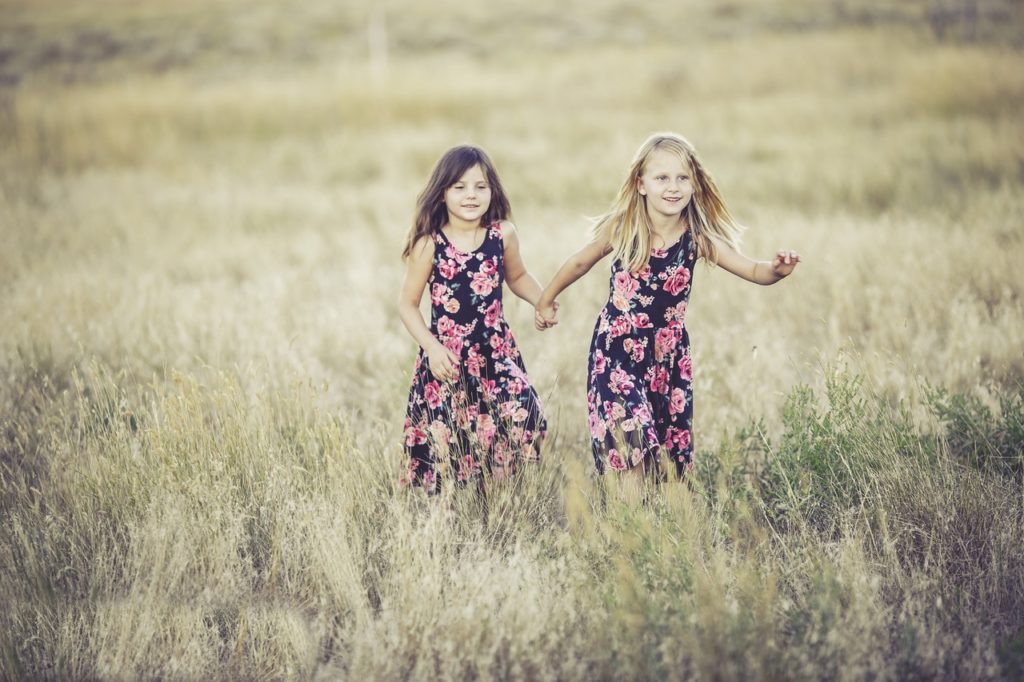Belgium scores only an eighth place in the rankings of the best countries to bring up children, according to the United Nations organisation for children, Unicef.
And when it comes to questions of mental health, social policy and poverty, Belgium does less well still, according to the report Worlds of Influence: Understanding What Shapes Child Well-being in Rich Countries.
The report looks at the 41 richest countries in the world, members of the EU and/or the Organisation for Economic Cooperation and Development (OECD).
The document sets the scene from the outset. “The COVID-19 crisis that has engulfed the world during 2020 presents new threats to child well-being,” it begins.
“Even before the crisis, in the world’s richest countries, the daily lives of millions of children fell far short of what anyone would call a good childhood. They suffered stress, anxiety and depression, lagged behind their peers at school, and were physically unwell. Living in a wealthy country did not bring them happiness. Nor did it guarantee them better health or education.”
The well-being of children is judged on the basis of an encyclopedic list of indicators, including obesity, suicide rates, academic proficiency, internet use versus playing outside, parental working hours, pre-school attendance, child poverty and more.
On the broad scale, the Netherlands come out as the best country to grow up as a child, followed by Denmark, Norway, Switzerland and Finland. No surprises there.
On the other hand, the Netherlands drops to ninth place for physical health. Norway, Finland and Switzerland are in 11th, 12th and 13th place for mental well-being.
Belgium, in eighth place overall, does better than the Netherlands for physical health, but scores a lamentable 17th place for mental health. Belgium also does better than Norway and Germany for physical health, and better on the issue of academic and social skills than Finland and Switzerland.
On the tragic league table of suicides among adolescents aged 15-19, Greece does best, with 1.4 per 100,000 of that age group. Belgium with 6.1 comes bracketed by Luxembourg and Ireland, with three countries scoring more than 10 cases per 100,000 population: Estonia (13.9), New Zealand (14.9) and Lithuania (18.2).
Some other scores for Belgium from the report:
69% of children aged 15 have basic skills in reading and mathematics; 79% of 15-year-olds said they made friends easily; more Flemish children (over 80%) feel they have good family support than French-speaking children (65-70%); nearly half of children in Flanders (46%) felt they were involved in decisions affecting home life, and 41% in school life.
The report, the 16th of its kind, has been compiled in the light of the Covid-19 pandemic, which has introduced a whole set of variables of its own.
“The impacts on children will probably follow the scenario of rising inequalities,” the report concludes.
“A child living in a well-off family, with a room of their own, a good Internet connection, and parents who have the time, skills and confidence to support home learning will suffer the educational impact of school closures less than a child in a family with poorer material and human resources. The world around the child can cushion or intensify the effects of events in the world at large.”
Alan Hope
The Brussels Times

